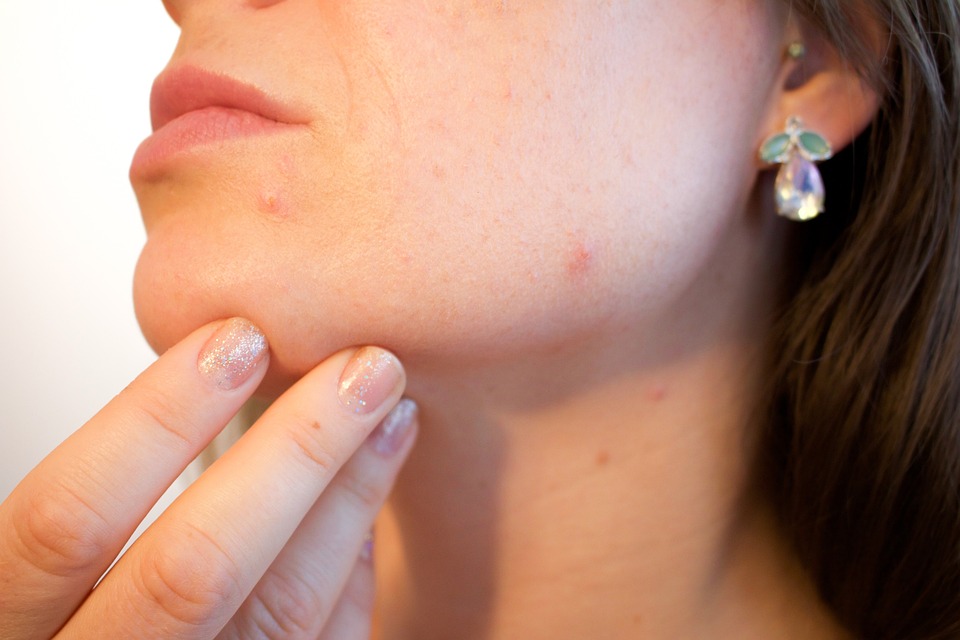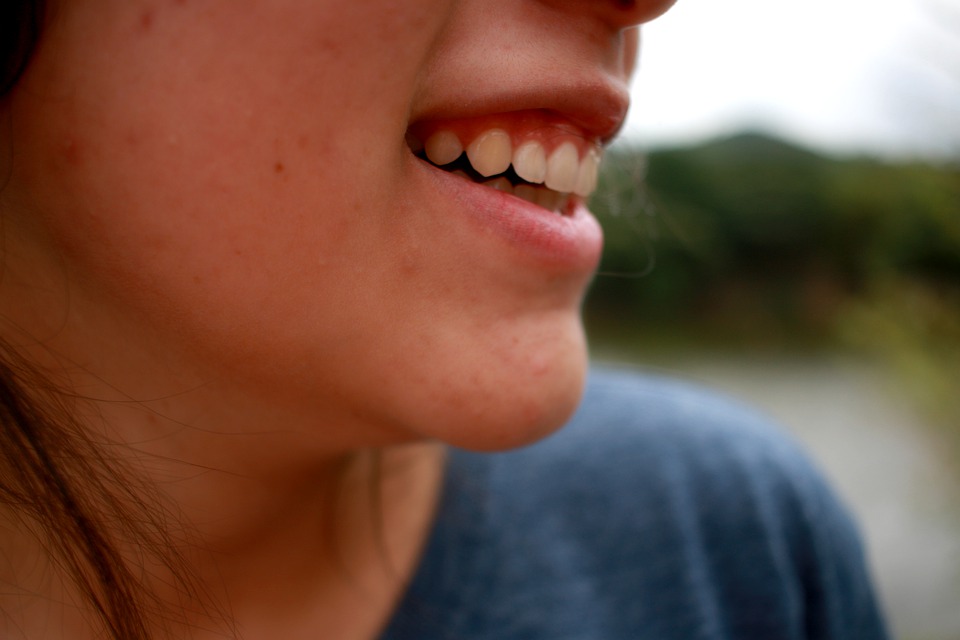Not only is acne disturbing, but it also brings multiple questions about what can or cannot be done to get rid of it. If a pimple appears on your face from time to time, it’s normal, but if it’s a frequent thing, you should consider taking a few precautions, as it could be acne.
Acne is a complex process of blockage, inflammation, and infection of the sebaceous glands on the face and outer body. These are the same glands that produce the sebum to lubricate the skin. When these glands become clogged, they become vulnerable to inflammation and can be infected by bacteria on the skin’s surface. Here are some of the most common questions about acne and some information that may help you differentiate between the condition’s myths and realities.
1) Acne Increases During the Premenstrual Period
This depends on each person. Patients who have acne flare-ups during this period are more likely prone to hormonal acne.

2) Acne is Hereditary
The genetic factor has a significant impact on acne. For instance, if acne runs into your family, you will have an increased risk of developing the condition compared to those who don’t have those genes.
3) Acne Is Contagious
Acne varies from one person to another and is a non-contagious skin condition.
4) A Person May Develop Acne at Any Age and Not Just During Adolescence
Acne happens when the sebaceous glands are more active, which can occur up to the age of 40. Other types of acne may develop at other ages.
5) Consuming High-Fat Foods Worsens Acne
A diet that is rich in fat, calories, and refined carbohydrates can worsen acne. These foods influence the production of sebaceous glands and aggravate the condition. For instance, having fast foods regularly increases the risk of acne by 17%.

6) Using Products Suitable for Acne-Prone Skin for Daily Cleansing Is Essential
Each type of skin demands a specific treatment that should be respected. Generally, it is best to cleanse the skin with a neutral soap, use a toner, and finish off with a moisturizer treatment. The production of sebum will decrease with this combination.
7) Stress Has No Impact on Acne
This is false. Stress does contribute a lot to acne flare-ups. When you’re stressed, the hormonal stimulation of sebaceous glans gets distorted and exacerbates acne. Thus, sebum production may increase or decrease in response to stress, leaving the skin with inevitable consequences such as huge breakouts.
8) Hot Weather Promotes the Development of Acne
During hot periods, you sweat in large drops and often get rashes or more acne than usual. This excessive and unusual perspiration causes pores to become clogged and develop rashes and pimples.
9) the Sun Is Beneficial
False, the sun is not beneficial for acne! The ultraviolet rays of sunlight can damage the skin, resulting in dryness and irritation. This eventually causes acne flare-ups in the weeks following overexposure to the sun. You should always protect your skin with a sunscreen that is labeled as non-comedogenic or non-acnegenic to avoid clogging the pores.

10) Acne Only Affects the Face
Acne may appear in any part of the body but affects the face, chest, and back mostly. These areas have a relatively high number of sebaceous glands, making them more prone to acne flare-ups.
11) Makeup Aggravates Acne
You can wear makeup if it’s labeled as non-acnegenic or non-comedogenic, which means it doesn’t clog the pores of your skin. If you suffer from moderate to severe acne, consult your doctor or dermatologist about which cosmetics to use.
Share other acne myths you know about in the comments below!


